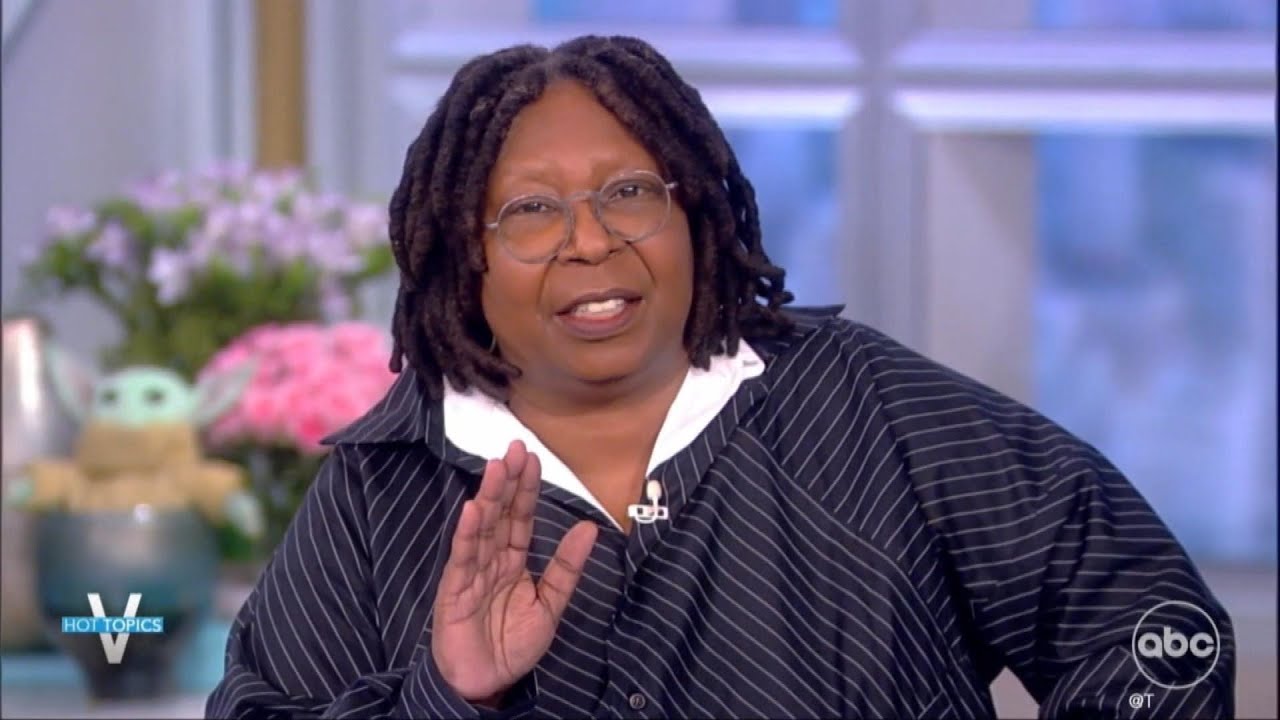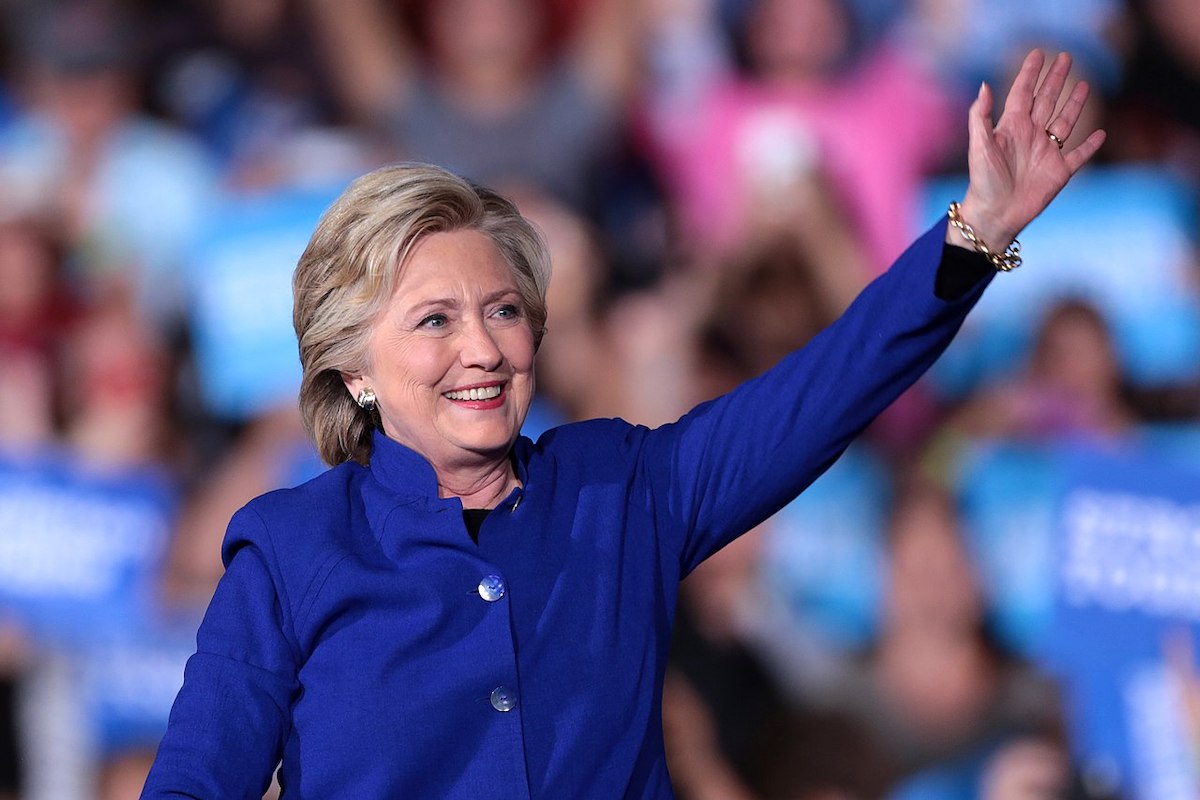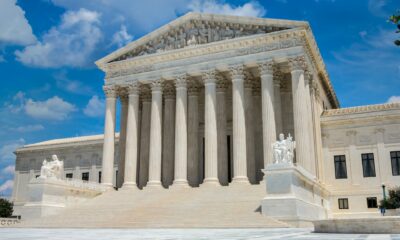Finance
January 1, Banks Brace for Impact Amid New Consumer Financial Protection Bureau Rules

Folks, gather around because we’ve got a doozy coming from the Biden folks and their pal Elizabeth Warren. Just before President Trump steps in, they’ve decided to mess with our banks through something called the Consumer Financial Protection Bureau (CFPB). This bureau, Warren’s brainchild, rolled out a rule in December that does more harm than good for everyday Americans, hitting our low-income folks especially hard.
The CFPB wants to force banks to chop down those overdraft fees we sometimes pay, cutting them from an average of $35 to just $5. Or even turn them into a type of credit. Sounds nice, right? But experts say this is typical government overreach. It’s like they don’t understand how businesses really work.
E.J. Antoni from the Heritage Foundation warns us that with these new rules, banks will have no choice but to tighten the leash on folks with bank accounts. That means less access to credit for many, pushing them towards payday lenders, who charge sky-high interest rates sometimes as much as 500%. Who thought that could be a win?
You see, most people who need a little extra financial wiggle room might wind up facing much worse fees elsewhere. And just think about it, in 2022, 17% of families with checking accounts paid an overdraft fee, with lower-income families hit the hardest.
Under Biden’s watch, American debt has soared, reaching about $18 trillion. Our credit card debt alone has blown up, now sitting at $1.17 trillion. Overreaching rules like this aren’t helping anyone.
And here’s the kicker: the CFPB tries to say they have the right to make these changes because overdrafts are like loans. Erik Jaffe, a wise lawyer, calls that idea a “stretch.” Overdrafts aren’t loans where you borrow money over time; instead, they’re fees for bouncing a charge. Makes you think, huh?
The American Bankers Association isn’t having any of it and went to court to stop this nonsense. And they have a fair chance, especially after the Supreme Court recently said no more giving bureaucrats free rein to do as they please with the laws.
We’ve got champions in Congress, like Tim Scott and French Hill, who are standing up for us. They’re pointing out this rule by the out-the-door Biden folks is more about politics than helping consumers. They aren’t shy to say that Chopra, the current CFPB chief, overstepped his bounds.
Let’s face it, when a government starts thinking it knows better than businesses, trouble follows. We trust businesses with the free market system because that’s what boosts competition and innovation.
So there you have it. Just another day of overreach by Warren and the Biden crew, leaving us all to deal with the mess they want to create. Stay vigilant, America.
Wyatt Matters!
The new rules from the Consumer Financial Protection Bureau (CFPB) might sound good at first, but they could end up hurting the very people they are meant to help. By changing overdraft fees from $35 to $5, it might look like they’re lightening the load for everyday folks. However, experts warn that smaller fees could make banks less willing to lend money. This means people might have to turn to payday lenders for quick cash, which can be far more expensive in the long run.
Families who struggle might end up paying higher fees to these lenders, and that’s not fair. While it sounds like this is a way to help people keep more of their money, it might actually push them into deeper debt. Imagine being part of the 17% of families hit by overdraft fees, hoping for relief, but then finding out that it doesn’t really save money if you’re forced to seek other costly credit options. It’s a confusing situation for those who thought the changes would be beneficial.
Many believe that pushing against these new rules is essential. The focus should be on making sure businesses can work well without too much interference from the government, which could end up doing more harm than good. With Congress members like Tim Scott and French Hill questioning whether this is just politics in disguise, it’s clear there’s still a lot to think about. The key is to find a balance that truly benefits everyone, not just on paper but in real life too.
As our loyal readers, we encourage you to share your thoughts and opinions on this issue. Let your voice be heard and join the discussion below.

-

 Entertainment2 years ago
Entertainment2 years agoWhoopi Goldberg’s “Wildly Inappropriate” Commentary Forces “The View” into Unscheduled Commercial Break
-

 Entertainment2 years ago
Entertainment2 years ago‘He’s A Pr*ck And F*cking Hates Republicans’: Megyn Kelly Goes Off on Don Lemon
-

 Featured2 years ago
Featured2 years agoUS Advises Citizens to Leave This Country ASAP
-

 Featured2 years ago
Featured2 years agoBenghazi Hero: Hillary Clinton is “One of the Most Disgusting Humans on Earth”
-

 Entertainment2 years ago
Entertainment2 years agoComedy Mourns Legend Richard Lewis: A Heartfelt Farewell
-

 Featured2 years ago
Featured2 years agoFox News Calls Security on Donald Trump Jr. at GOP Debate [Video]
-

 Latest News2 years ago
Latest News2 years agoNude Woman Wields Spiked Club in Daylight Venice Beach Brawl
-

 Latest News2 years ago
Latest News2 years agoSupreme Court Gift: Trump’s Trial Delayed, Election Interference Allegations Linger
Byron Wild
January 8, 2025 at 7:41 am
First -over draft fee is not a loan. It is a fee charged for overdrawing your account. It is an income producing fee for banks. Most banks policy is large item to small item. This means if you have multiple checks hit your account and if small checks would clear only one large check would cause a fee. But if the large check is paid first then the bank will have multiple fees for all checks. There is a cost to banks for overdrafts but not nearly the $35.00 more in the line of $6.00. The fee is not fair and hurts low income people especially in the large to small policy. I was a banker for 31 years not speaking as a novice.